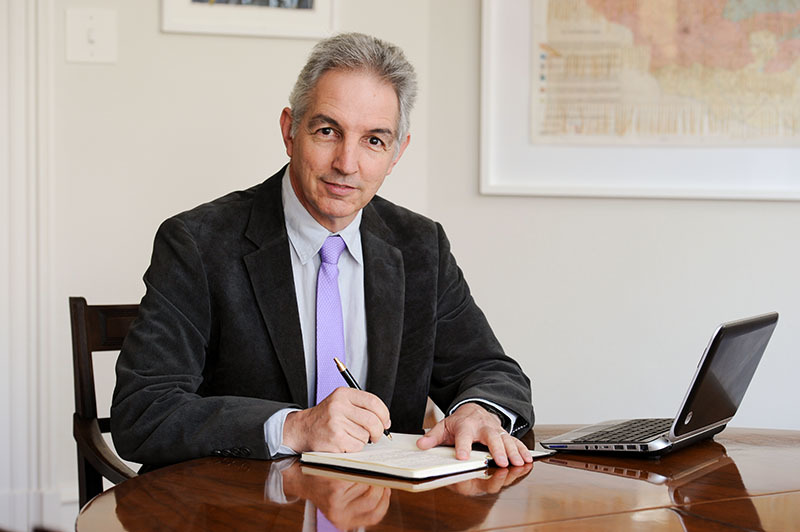Curriculum Change Working Group
17 August 2016 | Story by Newsroom
|
17 August 2016
Dear colleagues and students, During the course of 2015 UCT faculties convened assemblies to ascertain issues in relation to transformation for students and staff across the campus. Many concerns were raised about the marginalisation and exclusion of particular identities and scholarly traditions and perspectives - especially from Africa and the global south. Concerns were expressed about the dominance of cultural assumptions that perpetuate negative stereotypes in curricula and pedagogy, and therefore alienate some students and academics. There were also calls to create more opportunities to expose students to ways of thinking associated with disciplines beyond their primary areas of specialisation e.g. for humanities students to be able to understand and evaluate scientific and statistical arguments, and commerce students to be able to engage in moral and ethical reasoning and consider environmental issues. I recognise that over many years considerable work on decolonising the curriculum has already been done within the University. However, I feel that this has been somewhat patchy and that more needs to be done to ensure that debates and discussions about the changes needed in our curriculum and pedagogy take place across the entire university. As a result I have set up a Curriculum Change Working Group to facilitate a process for the whole UCT community to engage in critical curriculum transformation. The group is comprised of people with considerable experience, knowledge and expertise related to the development of contextually relevant curricula and the use of inclusive and generative pedagogies. It is co-chaired by Prof Harry Garuba (Acting Deputy Dean: Research and Postgraduate Affairs and Acting Director: AXL) and Associate Professor Elelwani Ramugondo (Occupational Therapy). The other members of the Group are Prof Sandra Klopper (DVC: Teaching and Learning), Prof Sakhela Buhlungu (Dean: Humanities), Prof Harsha Kathard (Dept of Health Sciences Education), A/Prof Denver Hendricks (Deputy Dean: Health Sciences), Dr Kasturi Behari-Leak (Academic Staff Development, CHED), Goitsione Mokou (Education Master?s student), Rorisang Moseli (SRC President), and Brian Kamanzi (RMF and Engineering Masters student). The Secretariat is provided by Judy Favish (Director: Institutional Planning) and Amanda Barratt (Academic Planning Officer). The Terms of Reference for the Group which outline the timelines, major deliverables and the reporting lines for the Group can be found here: Terms of Reference. A Preliminary Conceptual Framework which has been drawn up by the Group as a basis for identifying critical questions to explore over the next few months can be found here: Preliminary Conceptual Framework. All members of the university are invited to submit comments on the Preliminary Conceptual Framework by 30 September 2016. Follow this link for comment: Comment. The group will work in close collaboration with a bigger team comprising faculty academic representatives, student representatives from faculty councils as well as academics and students who have indicated a desire to participate in the process. Any staff and students interested in participating in the process should contact the Secretariat. We would like to make this process as inclusive as possible. Finally, the Group has drawn up a list of possible topics for workshops. This list can be found here: list of possible topics for workshops. On behalf of the Group, I would like to invite members of the university community to send suggestions of other topics and possible speakers to the Secretariat. Sincerely Dr Max Price |
Read previous communications:
 This work is licensed under a Creative Commons Attribution-NoDerivatives 4.0 International License.
This work is licensed under a Creative Commons Attribution-NoDerivatives 4.0 International License.
Please view the republishing articles page for more information.









